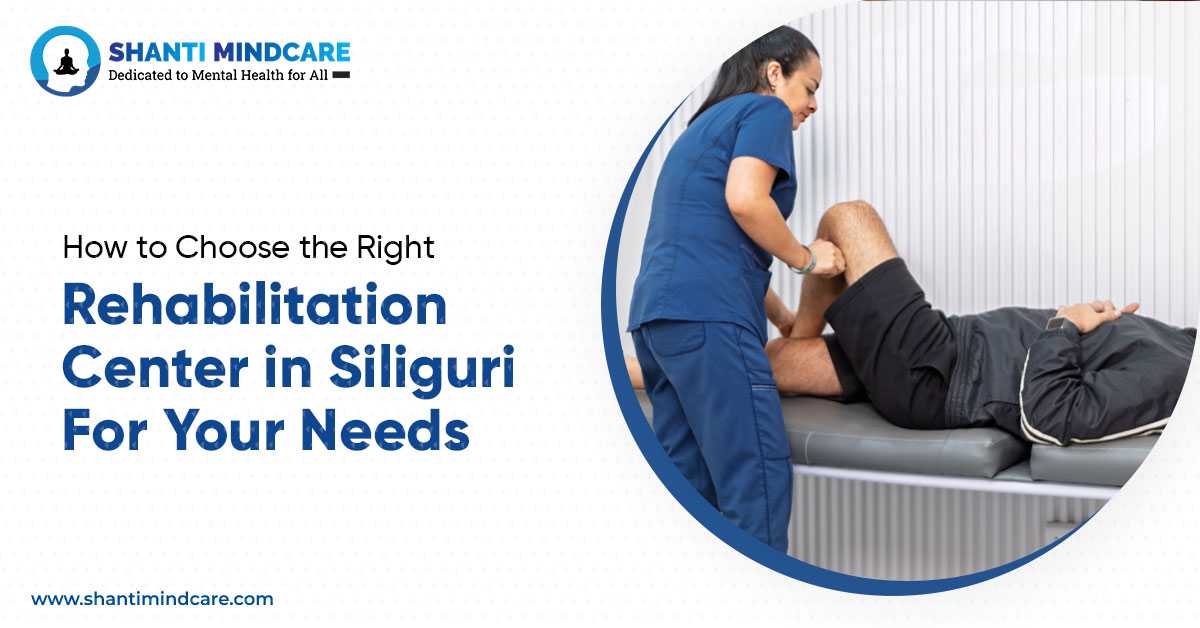By definition, Parkinson’s disease is a central nervous system disorder. Since it’s a progressive disorder, symptoms develop slowly. It’s a chronic condition, and its cause is still unidentified. This neurological concern requires long-standing care for management.
At first, signs tend to be mild, such as slight tremors, slurred speech, difficulty walking, cramped handwriting, poor balance. Here, signs often become worse as you grow older. Parkinson’s disease results in certain neurons in the brain dying, leading to reduced dopamine levels. Receive expert guidance from the best psychiatrist at the best center for old age care in Siliguri.
What are the Signs of Parkinson’s Disease?
The classic sign of Parkinson’s disease is loss of muscle control. Given below are common signs and symptoms of this neurological disorder:
- Rhythmic shaking/tremors
- Tremors in hands, fingers, limbs
- Trembling of hands when you’re at rest
- Muscle stiffness
- Slowed movements
- Reduced ability to swing hands, smile, blinking
- Handwriting becomes small, cramped
- Slurred speech, soft speech
- Drooling, difficulty swallowing
Non-motor symptoms associated with Parkinson’s disease include:
- Loss of sense of smell
- Constipation, digestive issues
- Drop in blood pressure while standing up
- Urinary incontinence/urine leakage during activity
- Parkinson’s disease-related dementia
- Trouble sleeping
- Mood disorders/depression
- Restless leg syndrome
When to See a doctor
Consult a medical healthcare provider/psychiatrist/general physician upon noticing any of such signs. A person with Parkinson’s disease may not experience all such signs. Best if you seek medical attention as early as possible to prevent complications.
What Increases the Risk
Risk factors for Parkinson’s disease can be older age, presence of Lewy bodies, older age, certain medications, exposure to toxic substances like welding fumes, pesticides, carbon monoxide, manganese dust, damage from injuries, inflammation of the brain, etc.
What are the complications?
Poorly managed or undiagnosed Parkinson’s disease can result in:
- Movement problems
- Swallowing difficulties
- Dementia/cognitive impairment
- Depression
- Sleeping during the day, waking up more often/early
- Poor nutrition
- Chewing difficulties
- Difficulty urinating
- Urine leakage
- Light-headedness
- A sudden drop in blood pressure
- Sexual dysfunction
- Body pain
- Weakness, fatigue
- Smell dysfunction
The prevention of Parkinson’s disease is not clear since the cause is not well understood. However, several things can protect your health, making it healthier, such as – eating fresh fruits, veggies, omega-3 fatty acids, green tea, whole grains, Vitamin D3, aerobic exercise (moderate), balance training. Reach out to the best center for old age care in Siliguri.
There are no exact tests/diagnostic procedures to rule out Parkinson’s disease. Doctors may recommend a CT scan, blood tests, physical examination, MRI, PET scan, Spinal tap, etc. Feel free to ask your doctor to get insight into the treatment plan.




